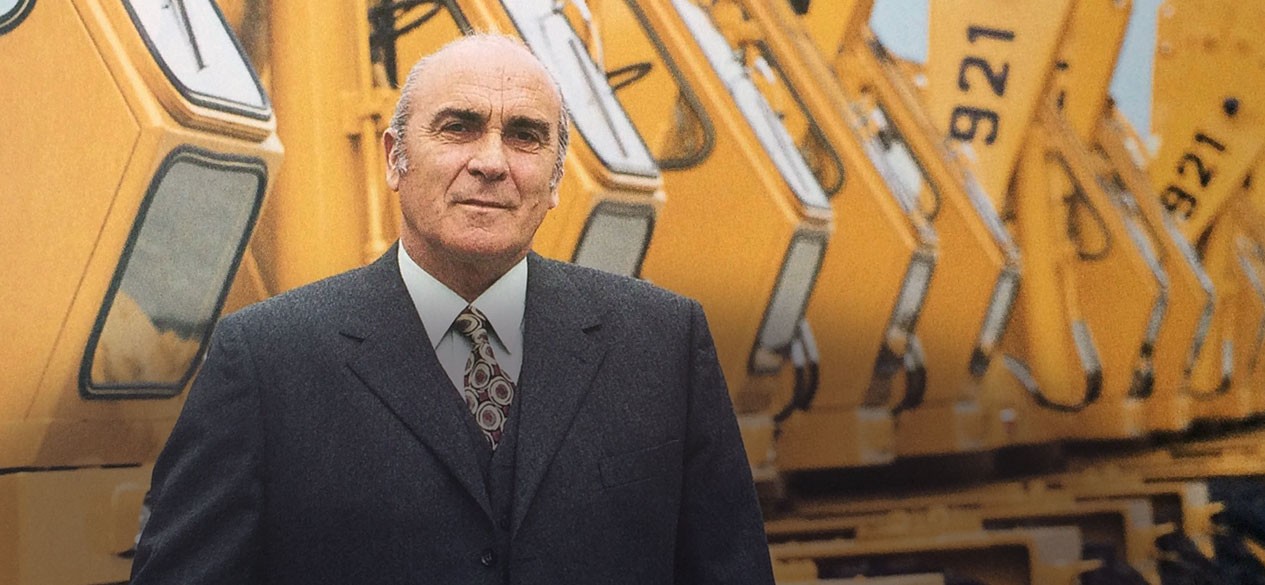
100 years of Hans Liebherr
Turning the right idea into reality at the right time – The company founder's secret for success.
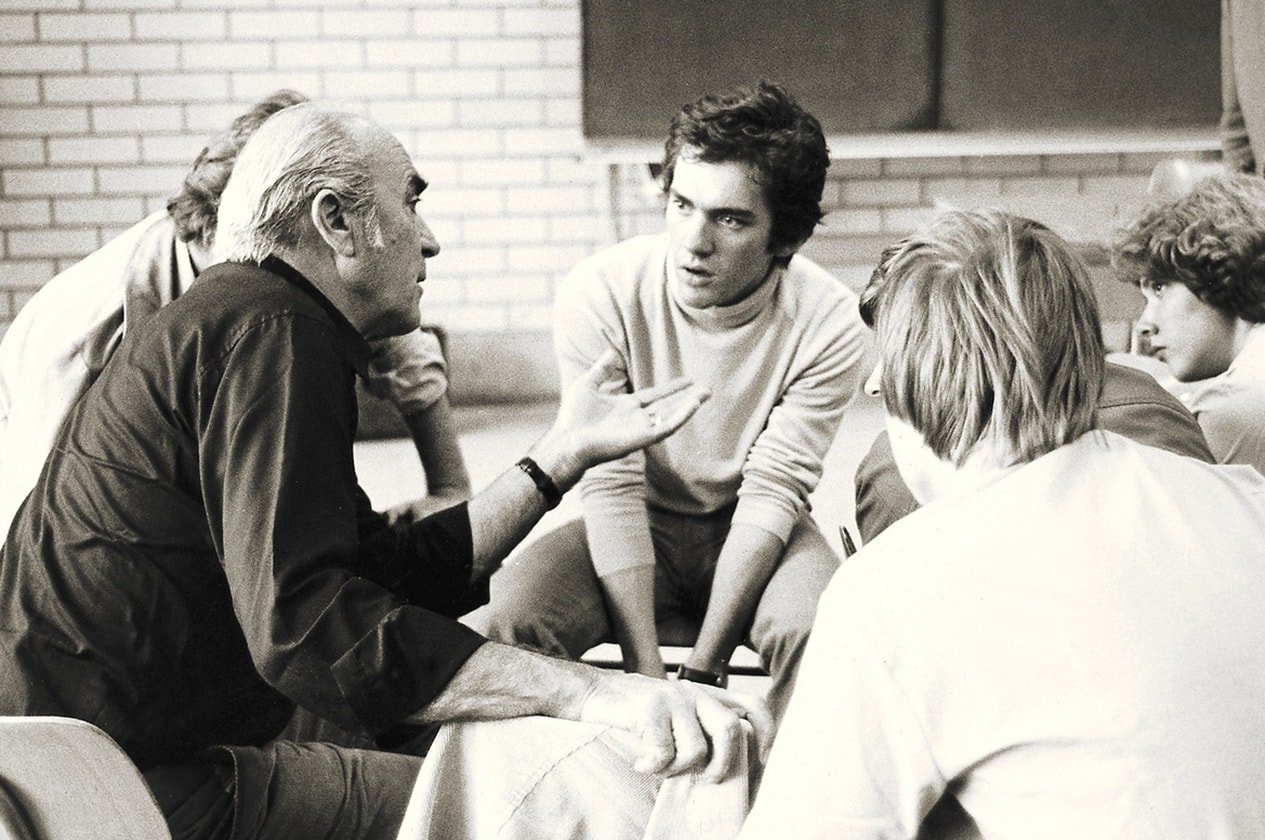

With an unflinching will, Hans Liebherr developed groundbreaking inventions, and with an unmistakable instinct he developed seminal products. On 1st April 2015, the company founder would have turned 100.
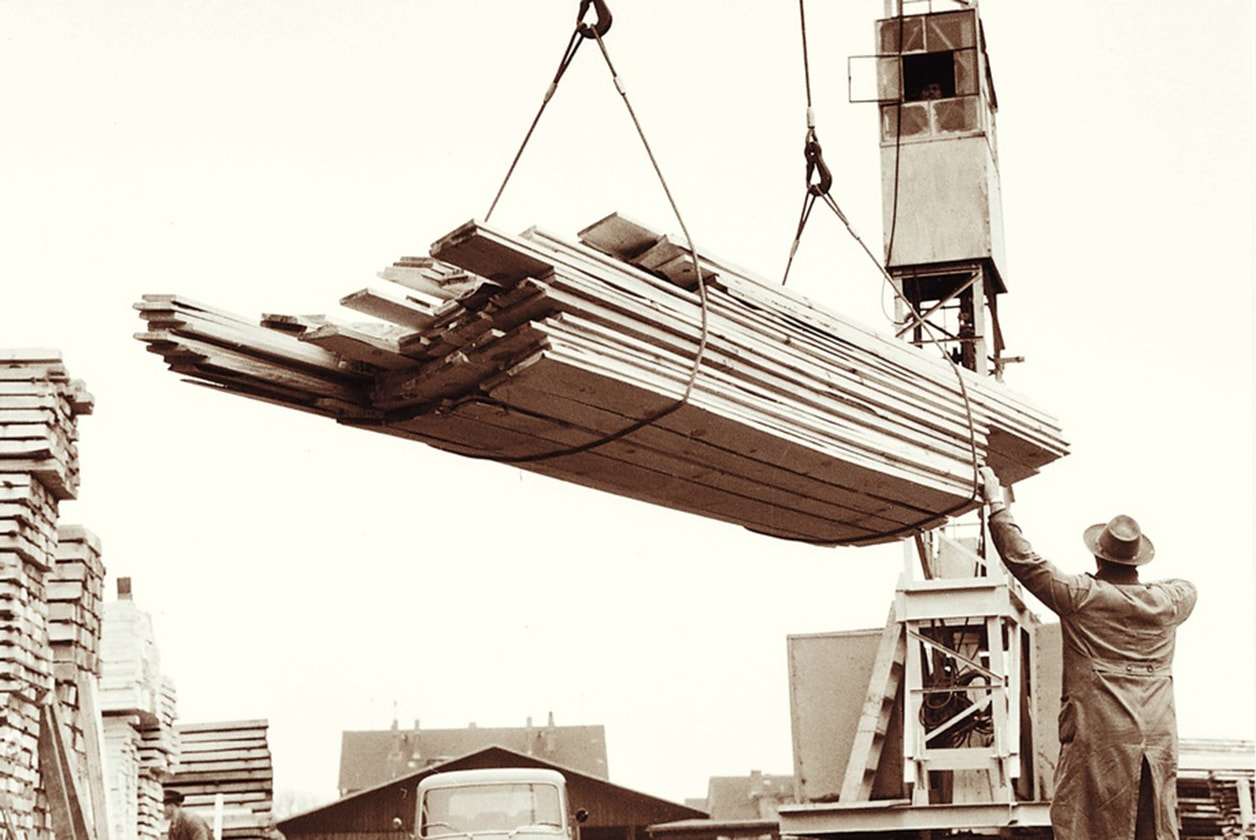
1949
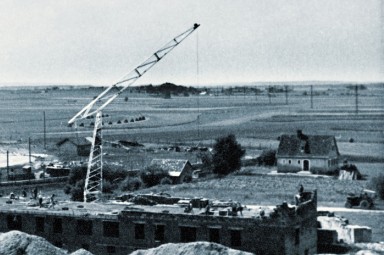
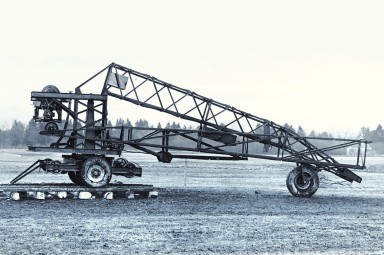
During the reconstruction of Germany after the Second World War, inventive talent and creative skills are called for. Hans Liebherr quickly recognizes the need for tools and machinery for the building industry and domestic construction. In 1949, he develops the mobile tower crane, which can be simply erected on-site, thereby enabling quick and low cost construction. He pushes forth and simplifies the reconstruction of Germany and lays the cornerstone for the Group as it is known today. The TK10 represents the start of a sustainable success story.
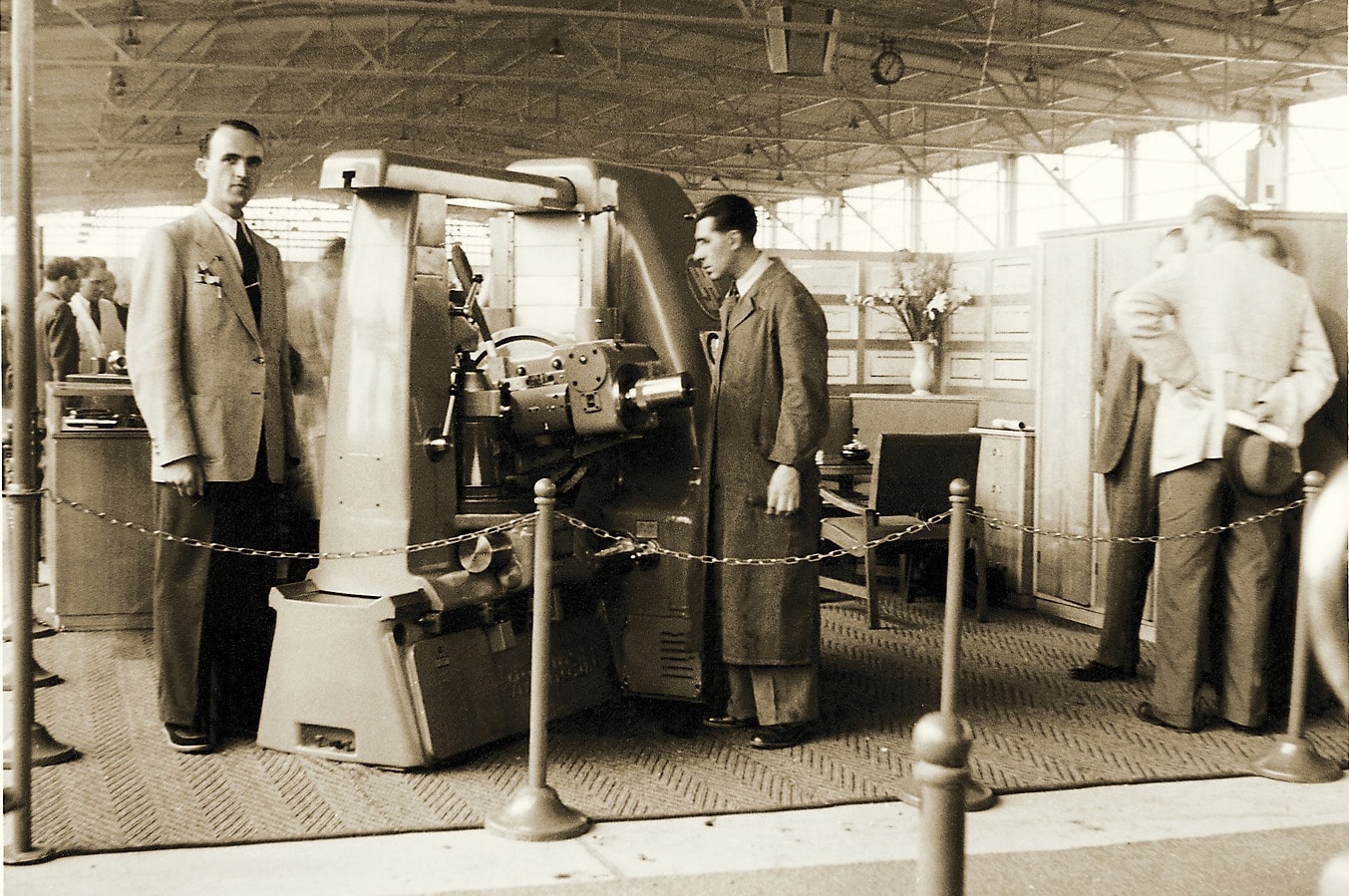
1951
Think for yourself, do it yourself, finance yourself - the Hans Liebherr approach. At the start of the 1950s, gear wheels – the main component of crane gearboxes – could only be acquired in limited quantity in Germany. In 1951, with a keen eye for promising markets, he becomes involved in tool machine construction, develops a gear cutting machine and, in doing so, creates a new business area in the manufacture of machines and gear wheels.
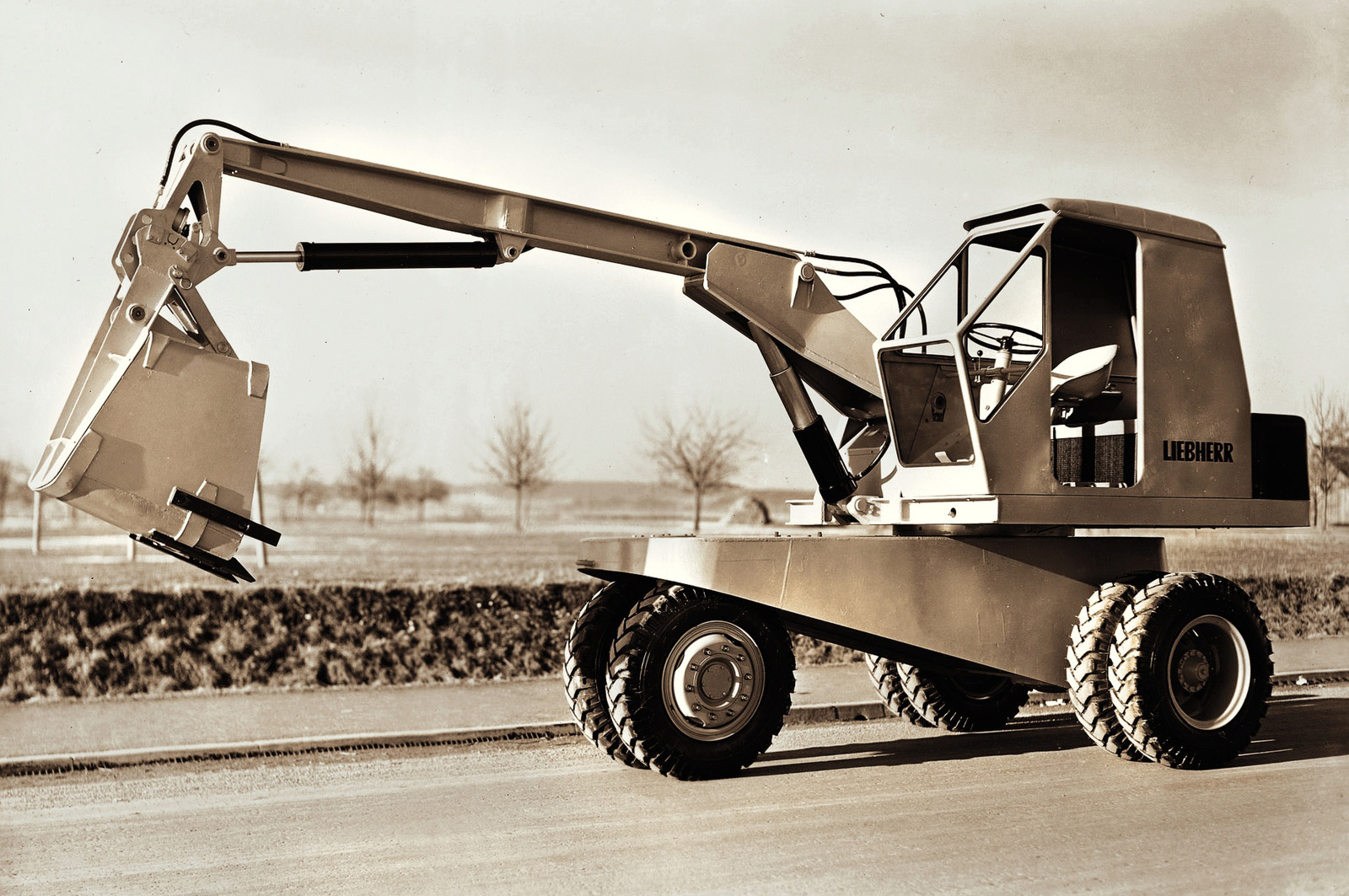
1954
When Hans Liebherr hires a rope excavator in 1953, he notices the poor power-to-weight ratio. Eight months later, he presents the first hydraulic excavator in Europe - the L 300. This is a sensation in industry and astounds the engineering world. Impressive are not only the low weight and the transfer of existing hydraulic technology to an excavator but also the effective tearing-out force. In 1954, series production of the powerful machine begins.
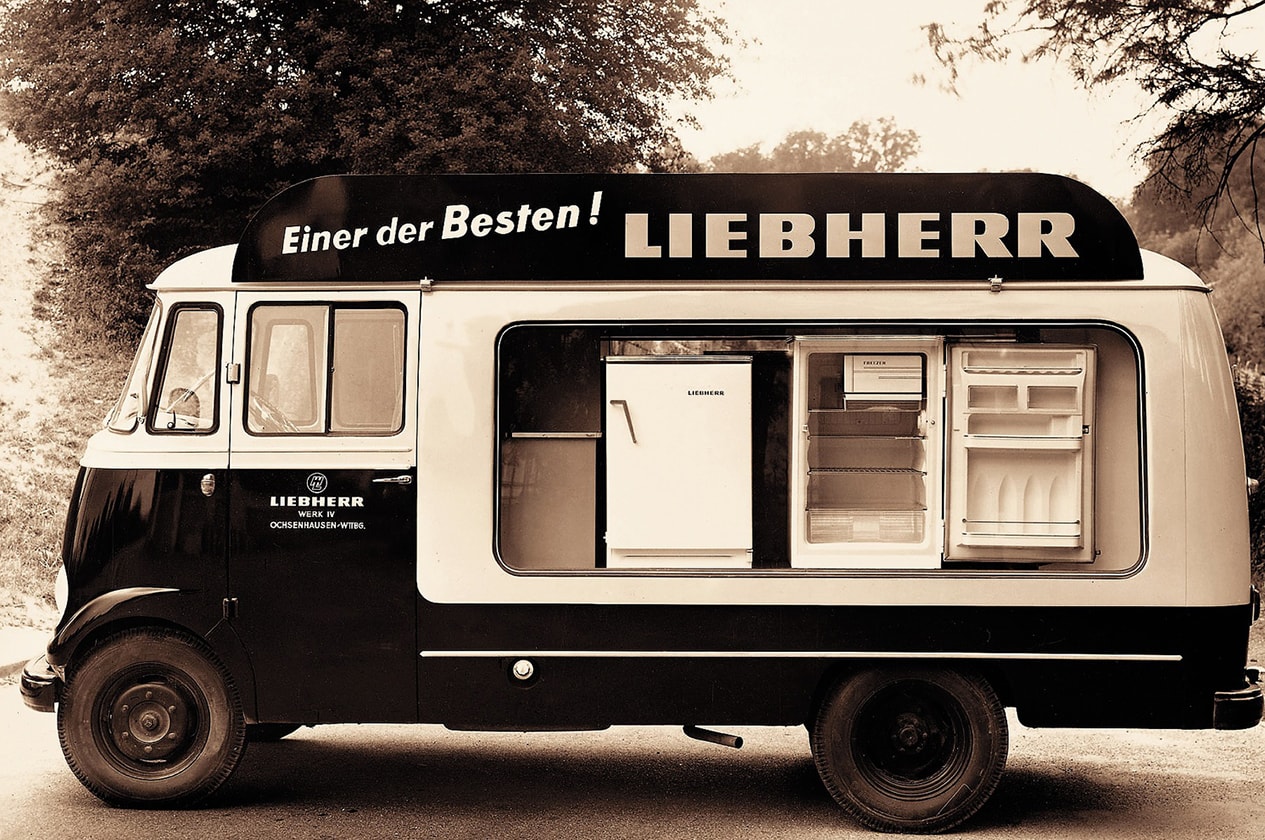
1954
The Liebherr refrigerator is launched
As Hans Liebherr learns from a personal contact about a refrigerator factory coming up for sale, he quickly recognizes the enormous potential of the equipment and the market. At this time, only one in every ten households in Germany has a refrigerator – and with the economy growing, demand is on the rise. Hans Liebherr decides not to buy the company but develops his own refrigerator instead with specialists in 1954. Just one year later and series production begins in Ochsenhausen in the south of Germany.
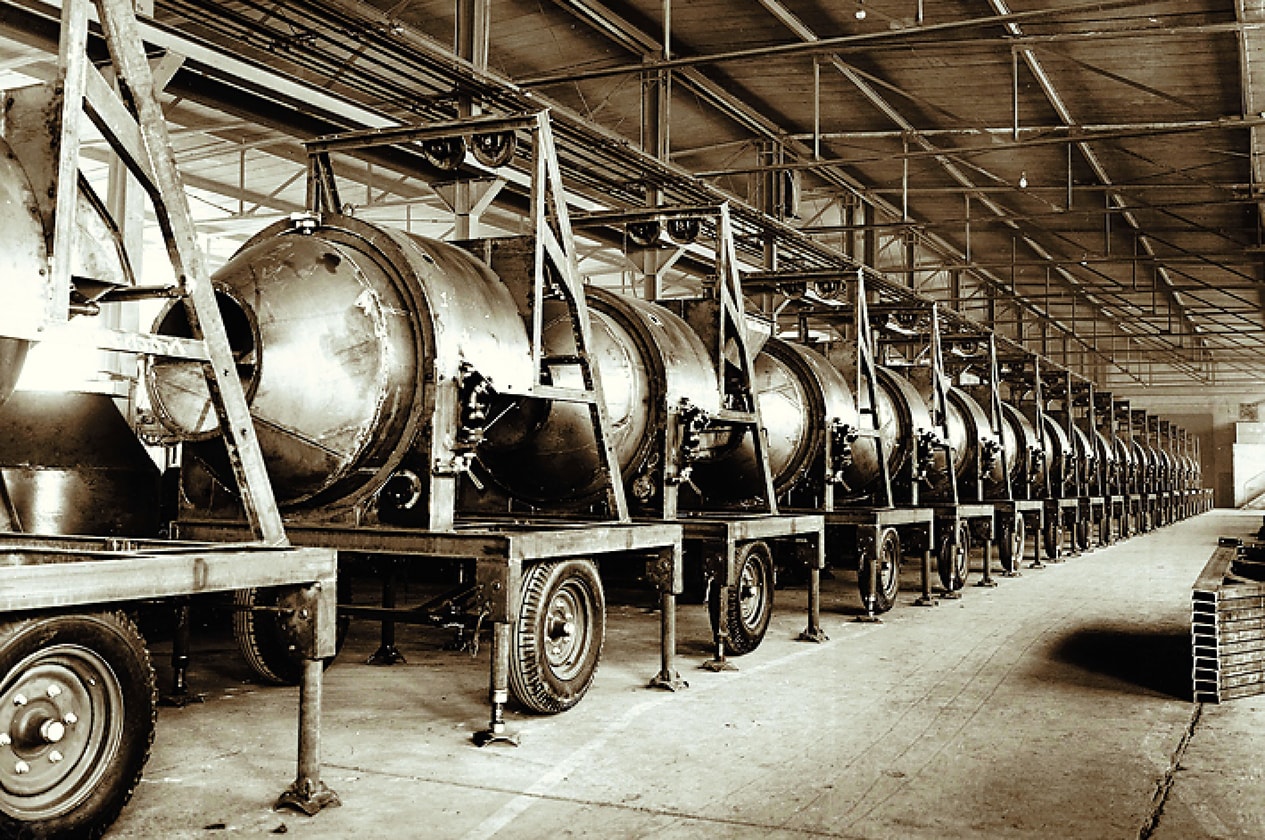
1955
The first in-house reverse drum mixer
On Hans Liebherr's 39th birthday, the Liebherr factory V in Bad Schussenried is founded, thereby paving the way for the first in-house mixing technology product. With the reverse drum mixer, a new bestseller is created. The Liebherr product program now comprises mobile and stationary machines for concrete production.
Ball bearing slewing ring supersedes wire race ball bearing
Owing to the fact that cranes are constantly becoming larger and heavier, in 1955 the ball bearing slewing ring assumes the connecting function between the slewing platform and undercarriage. The design engineers at Liebherr succeed in further developing the wire race ball bearing in a pioneering way. That same year, Hans Liebherr also begins production of in-house electric motors in Biberach.
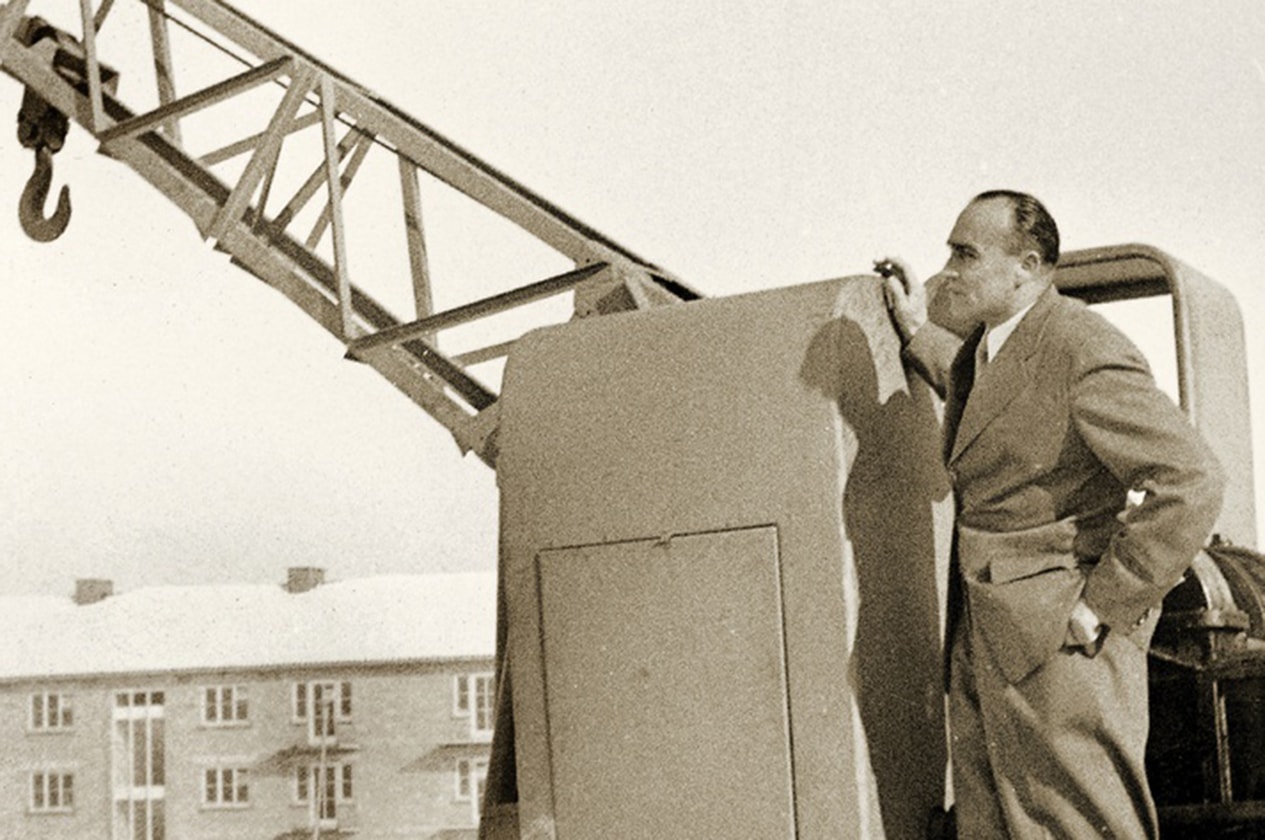
1959
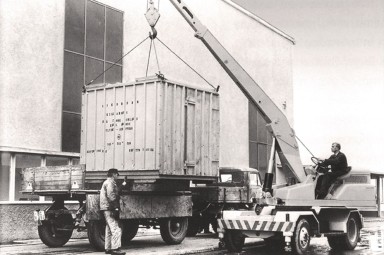
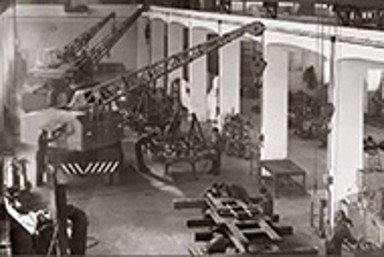
In 1959, Hans Liebherr presents the first hydraulic crane - the AK40. This is a hybrid of modified excavator uppercarriage and mobile excavator chassis and the forefather of one of the most powerful mobile crane programs in the world.
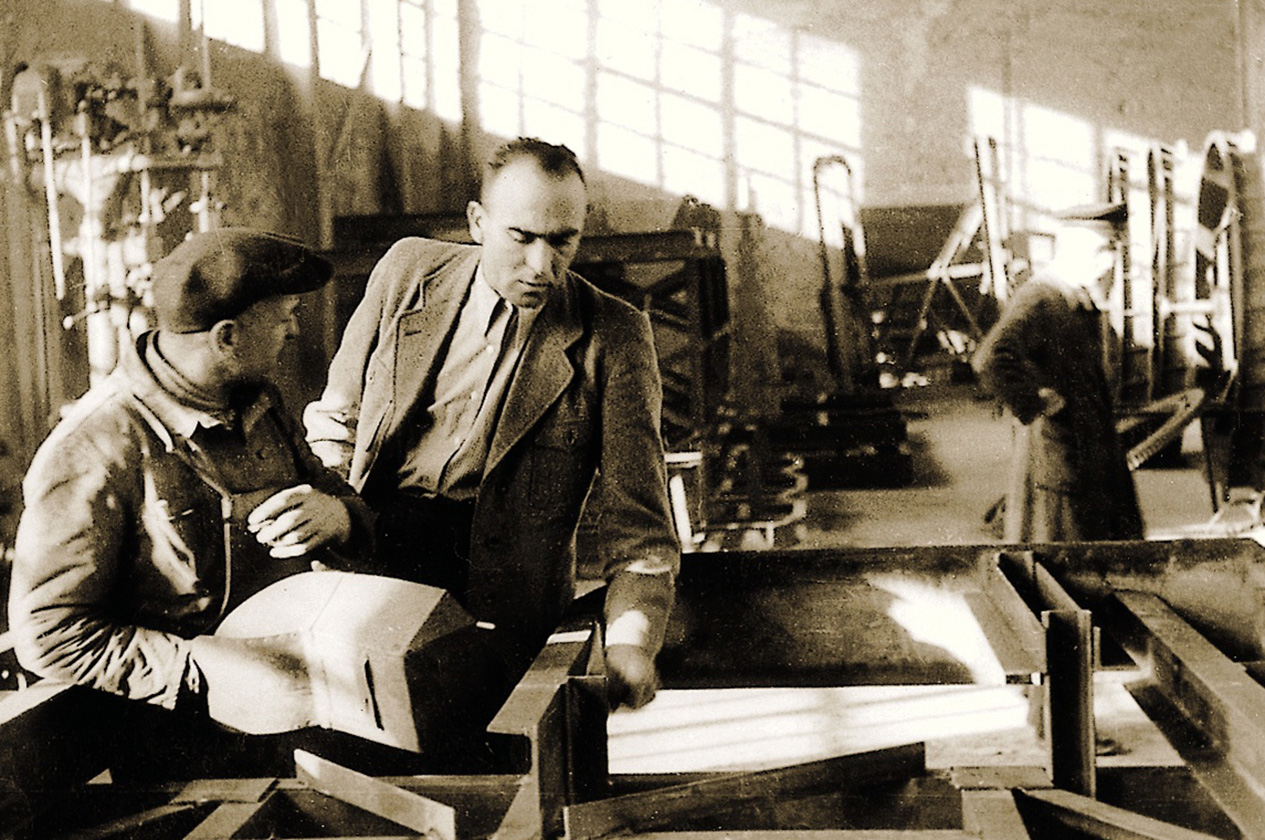
“I invested a lot of time but also had a lot of luck in filling the most important positions with good staff. They are the be-all and end-all of success.”
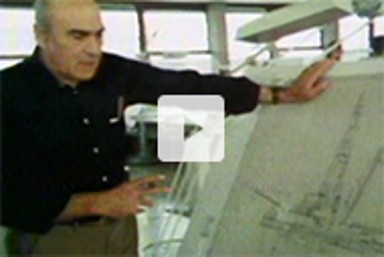
Hans Liebherr, 1985
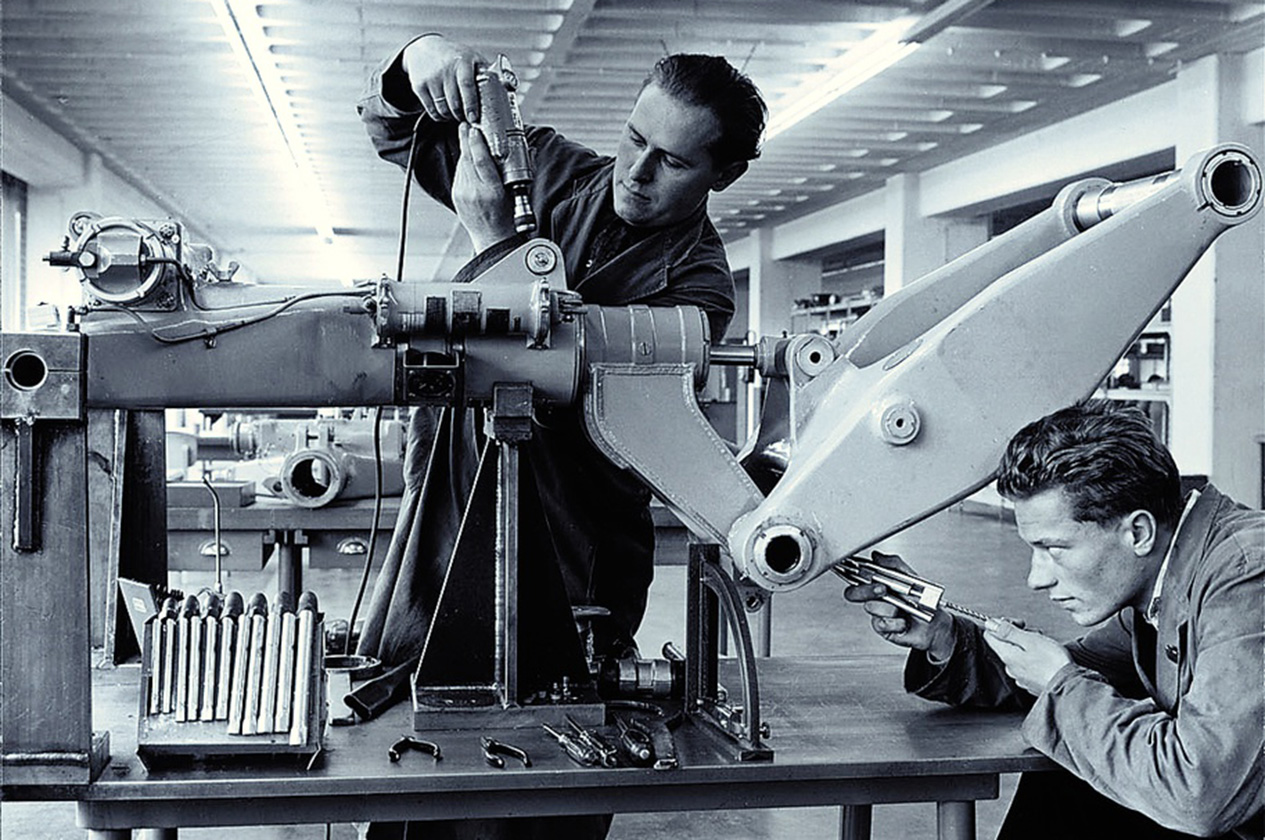
1960-63
As airplane production develops into a lucrative business at the end of the 1950s, so too does Hans Liebherr's commitment in the area of airplane technologies. He quickly recognizes the market potential and founds the Liebherr-Aero-Technik GmbH in Lindenberg in Allgäu in 1960 with the aim of developing and producing prototypes in-house. From being a license holder, the company advances to become a producer of its own components and systems; from an equipment manufacturer to a system provider.
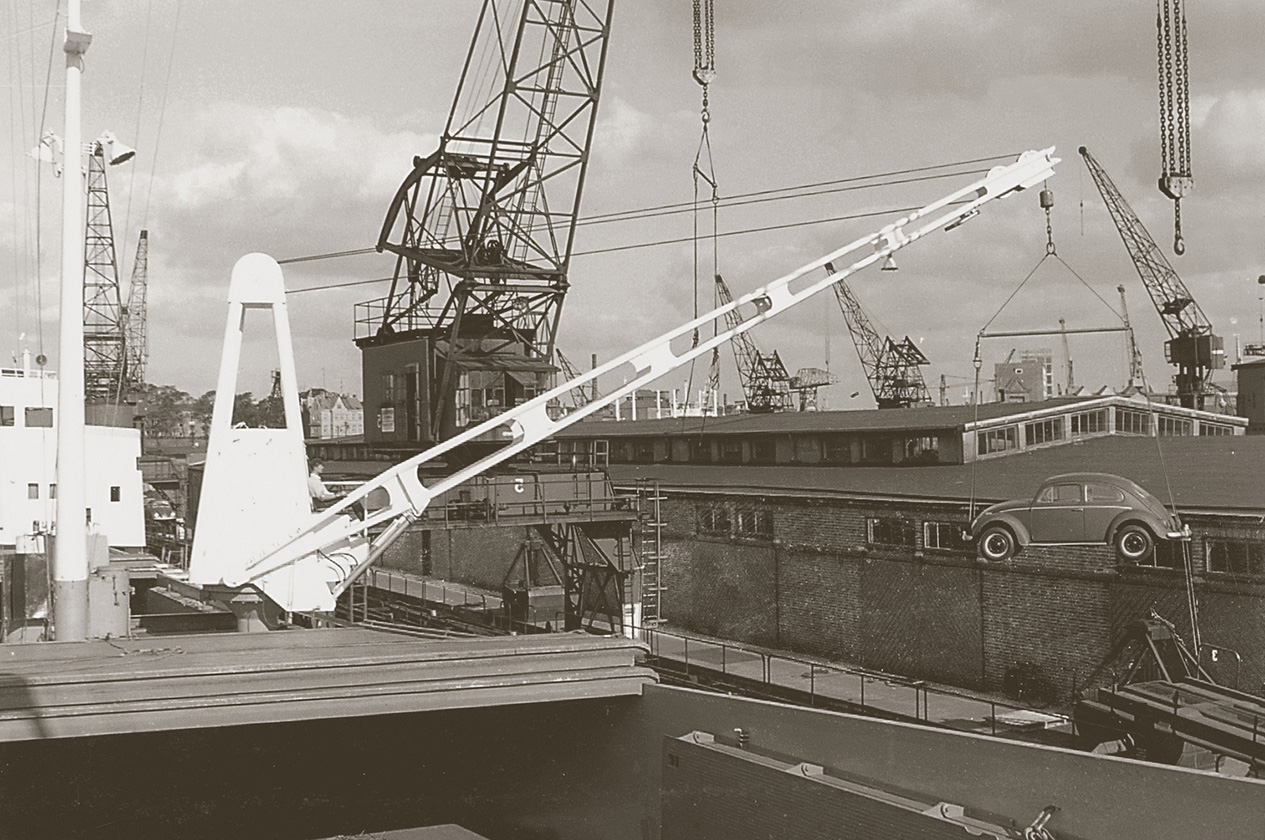
Since 1958
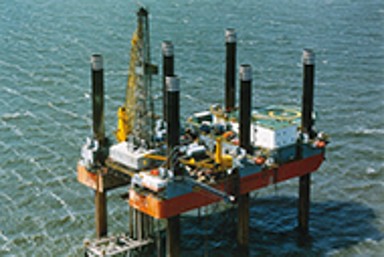
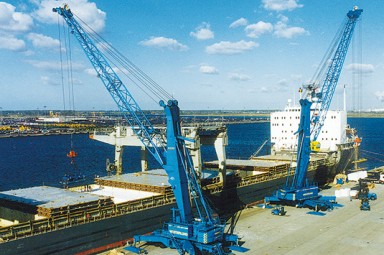
The first ship crane is developed in 1958 in Biberach. After relocating to Ehingen, the portfolio is enhanced with offshore cranes (1974), ship-to-shore container cranes (1976) and the mobile harbor crane (1977).
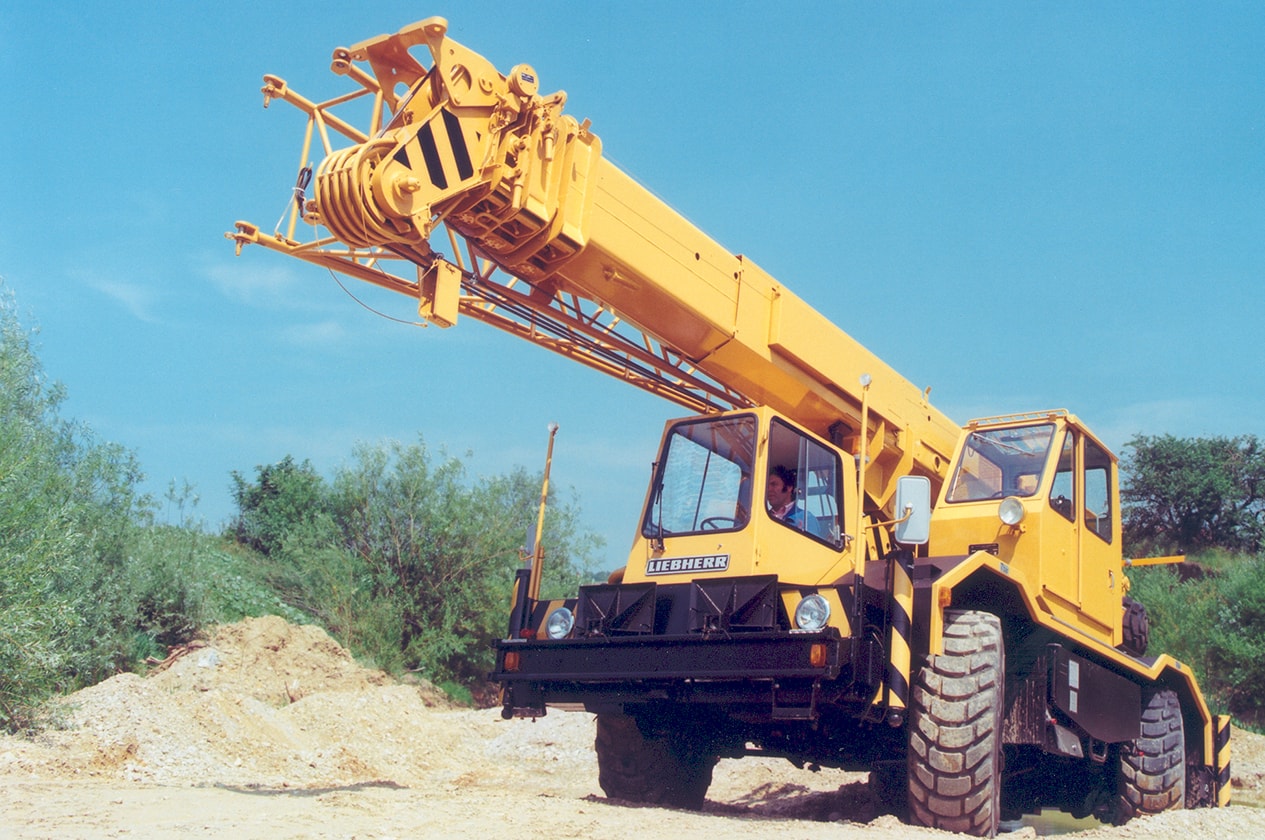
1977
In 1977, Liebherr presents the first all-terrain mobile crane in the world - the LTM 1025. With a telescopic boom length of 24 meters and a load bearing capacity of 25 tonnes, the new crane enables deployment onroad as well as offroad in previously unknown perfection. This pioneering move finds recognition throughout industry and the company enjoys growing turnover and export in the ensuing years.
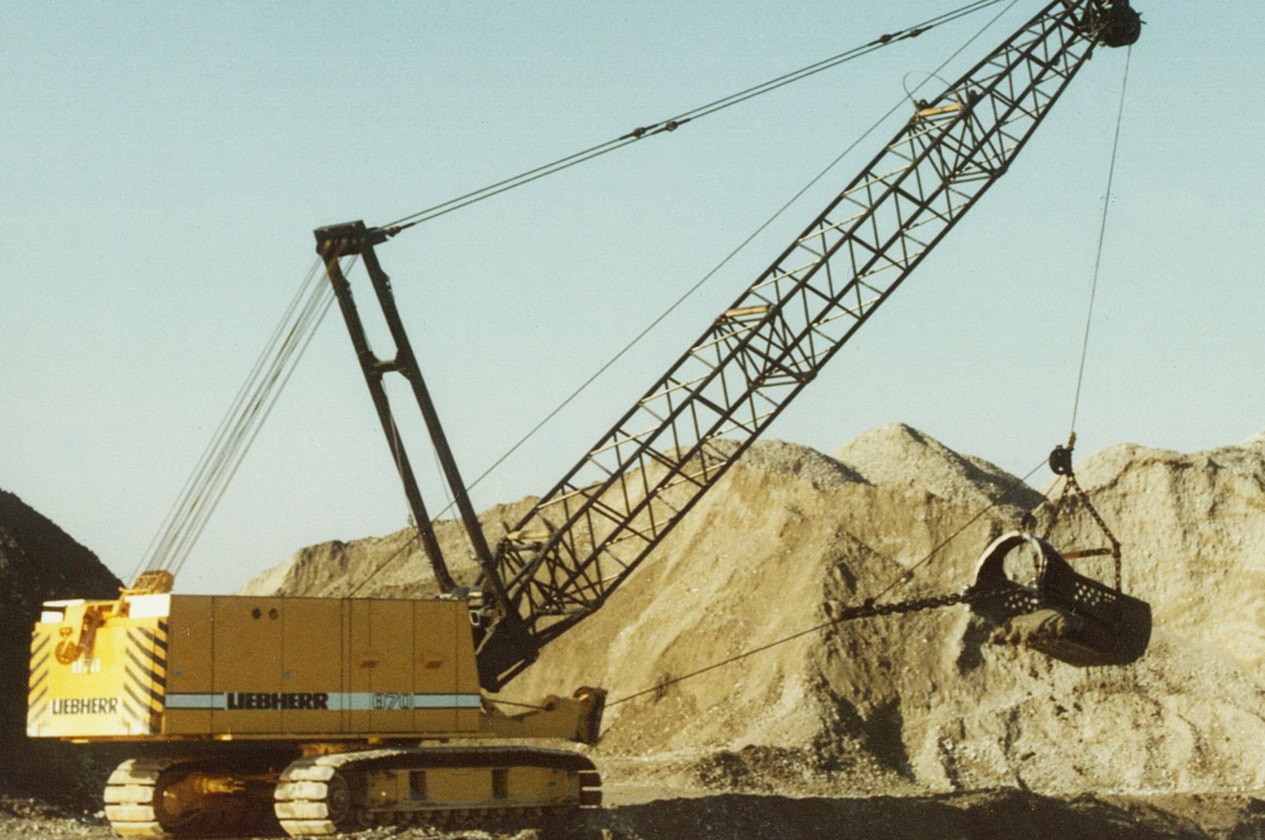
1980
At the Nenzing site (in Austria) the world's first hydraulically-driven and electronically-controlled rope crawler crane is created. The first machine of this type is sold in 1980.
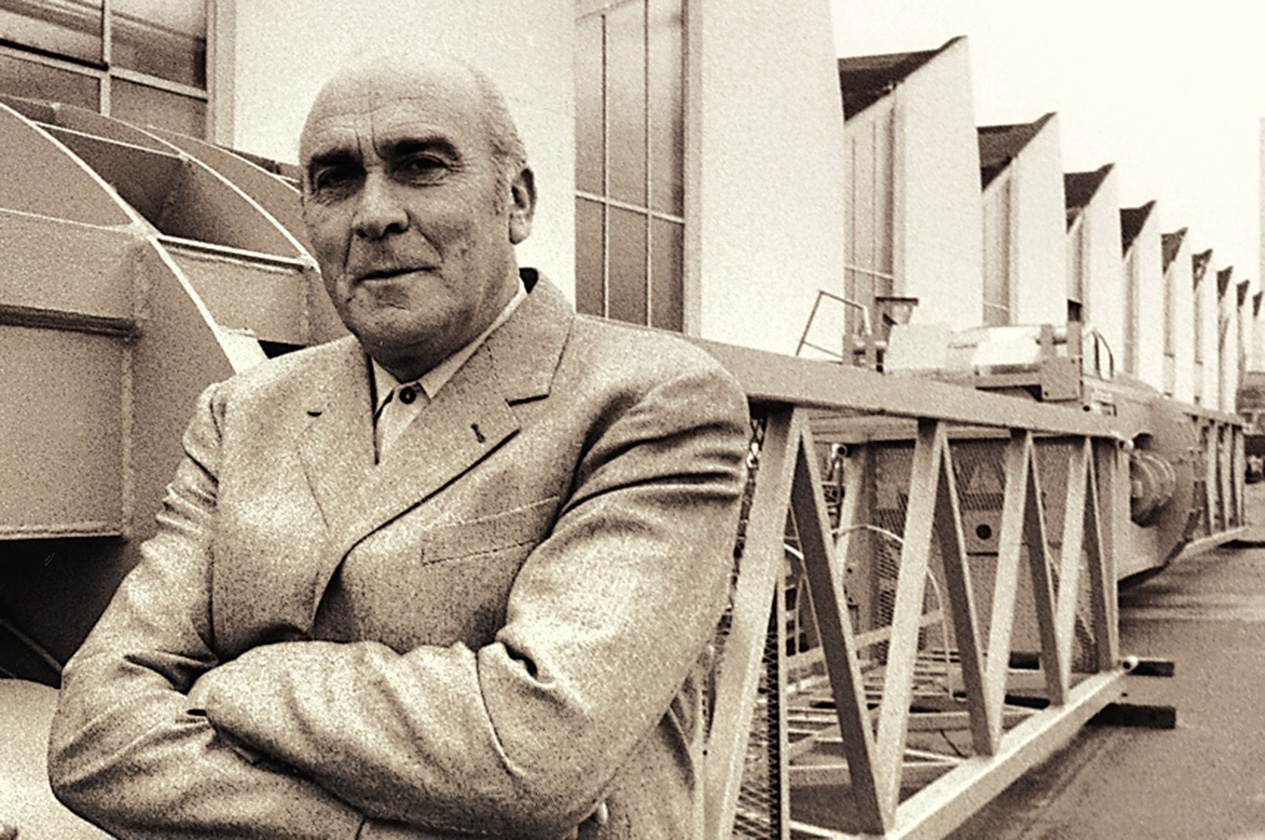
“My life has led me to consider that, with a strong will to do good work and fulfill different customer requirements to the best of your ability, you can also achieve goals that at first seem almost unimaginable. Don't allow yourself to be disheartened by set-backs, having faith can move mountains”.
Hans Liebherr, 1993
